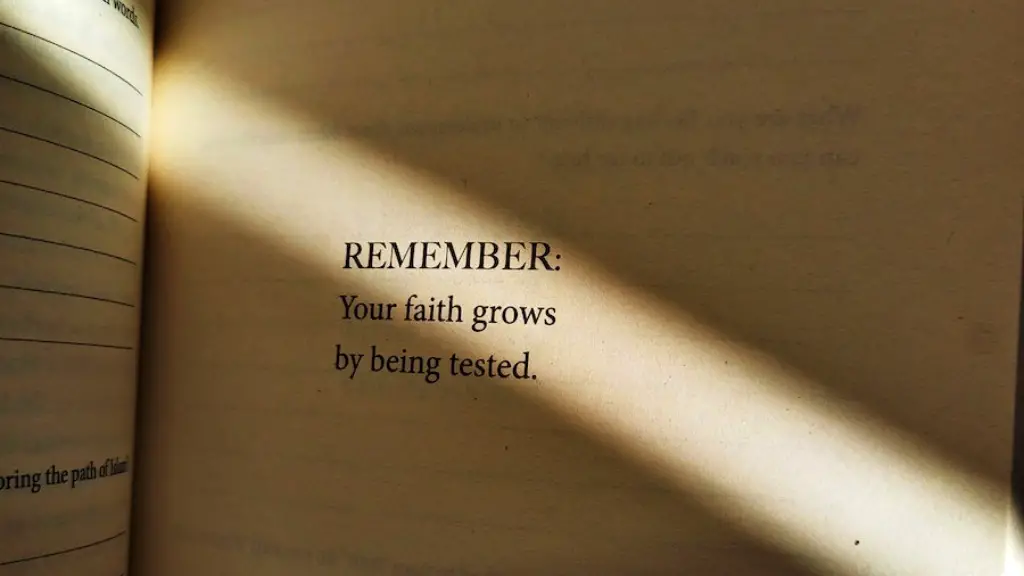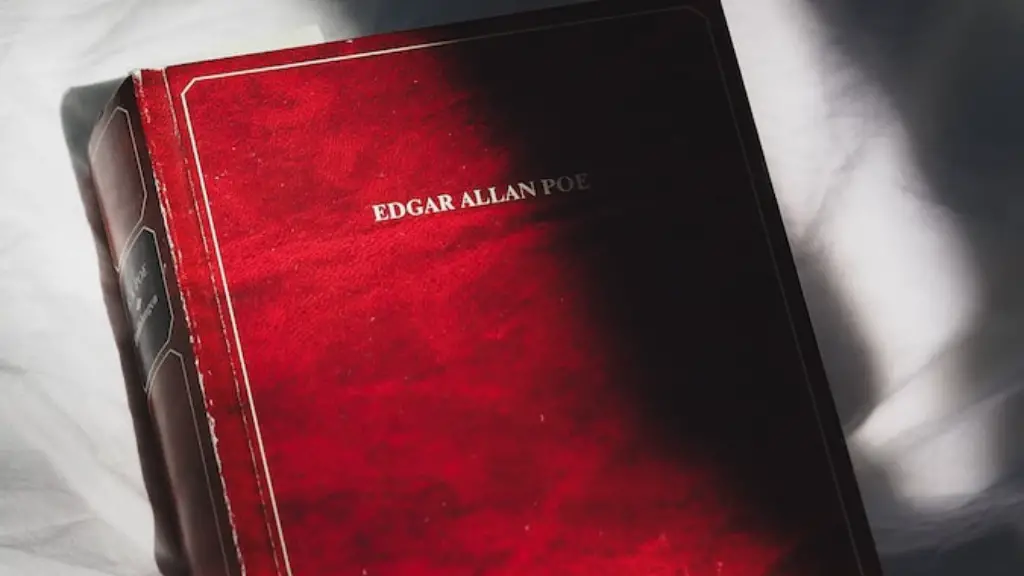Background Information
In its most simplistic definition, poetry is a form of literature that uses language to express various ideas and emotions. Poetry makes use of metaphors and other words to convey deeper meanings, compared to prose. It often employs meter, iambic form, rhyme and free-verse form, but doesn’t have to abide by specific rules. Poets will often use figures of speech, such as similes and metaphors, to capture the reader’s attention. Poetry exists in many different forms and often differs by culture, although all forms of poetry are rooted in emotions and describe some aspect of the human experience.
Defining Poetry
In formal terms, poetry is a type of literature that uses non-prosodic elements such as imagery, sound, and figurative language to communicate themes and ideas. It also uses poetic rituals such as parallelism, Rhythm and rhyme. While some poems use traditional structures and forms and feature regulated lines, contemporary poetry often incorporates various conventions or even abandons them altogether.
Analyzing poetry requires certain skills such as the ability to spot devices such as metaphor, personification and other literary devices, the ability to identify tropes, and the ability to spot connections between themes, ideas and history. While there are some hard rules about what makes poetry a specific type of writing, there are no clear-cut sets of criteria for determining what does and does not constitute poetry.
Framing Poetry
Poetry can be difficult to define because there is no one-size-fits-all approach. It can vary in length, subject matter, structure, and even origin. It can be composed of arbitrary words, symbols, and abbreviations, or adhere to a more traditional style. Its purpose is to elicit emotions, to create images and to explore the human condition. Poetry is often characterized as an art form, an expression of feelings, a form of communication, or an extension of life experiences.
Some see poetry as a passionate form of criticism. It can be an exploration of the flaws of society and an arena for voicing dissent. It can also be a simple expression of joy and pleasure. It can be a reflection of inner fears or a meditation on grief. Poetry has no fixed rules or parameters, making it a unique and unpredictable vessel for expression of thought, feeling, and ideas.
Interpreting Poetry
Interpreting poetry involves consideration of poems and their meanings in terms of both content and form. It includes the ability to identify and analyze rhythm, the use of words to create language, the ability to recognize literary forms such as metaphor and symbol, the use of imagery, and the ability to evaluate the overall message or meaning of a poem. It requires a deep engagement with the text, as well as an understanding of the historical, cultural and political context of the poem. Attentive readers are often able to gain insight into the author’s use of language and hence, into their intentions and feelings.
Literary criticism attempts to answer questions such as: How does the poem work? What is its form and structure? How does the poet construct their words? How are literary devices used? What is the poem about? Such questions can help one to understand the poet’s point of view and intention.
The Role of Poetry
Poetry plays an important role in our lives. It can help us to make sense of the world around us and our place in it. It can be used to articulate emotions and to express our innermost thoughts and feelings. It can serve to make us pause, to reflect, and to think. Poetry can also be used as a tool for self-discovery and healing.
The Power of Poetry
One of the major powers of poetry lies in its ability to help us to visualize and express our feelings and our thoughts. Poetry can help us to make sense of complex and difficult times or situations. It can be a source of comfort and understanding. It can be a way to bring people together, to explore perspectives and experiences, and to create art. The beauty and power of poetry lies in its ability to transcend language and to articulate complex ideas with brevity and clarity.
Expressing Through Poetry
Anyone can write poetry, whether they are considered an established poet or not. Writing poetry can help us to give voice to our innermost thoughts and feelings. It can be a form of self-expression or an outlet for communication. Writing poetry can help us to find clarity, perspective, and meaning. It offers us an opportunity to express our feelings about ourselves, about the world around us, and about our experiences.
Conclusion
Poetry is a powerful form of literature that can evoke emotion and communicate powerful messages. It requires careful reading and understanding, as well as a willingness to explore deeper meanings and implications. Poetry can be written by anyone, making it one of the most accessible forms of expression. It is a powerful means of self-expression, exploration, and communication.


